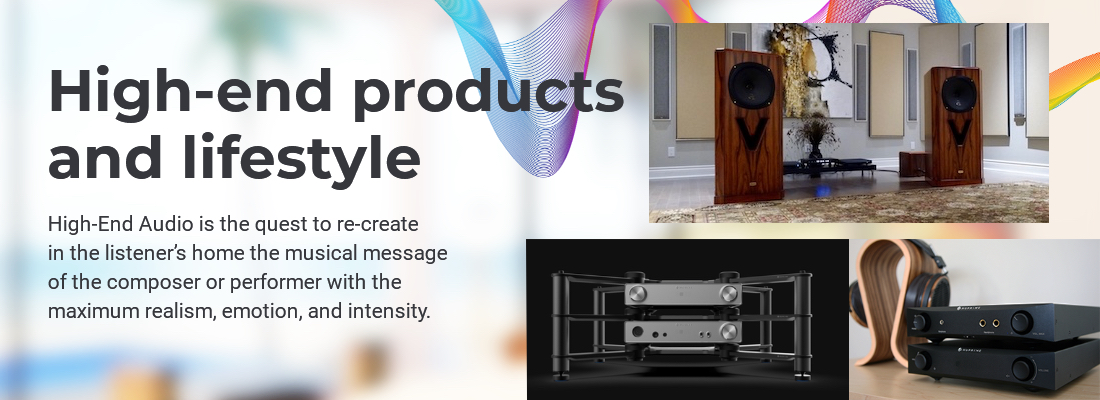Actually it is still transcoding, as 352.8 KHz is a PCM sample rate. Here is where we diverge, I use Mac and Linux computers at home, both of which are driverless for USB Audio Class 2, however they don't do native DSD with no driver, all DSD playback is via DoP.
So while I can post a screenshot of what DSD playback should look like in JRiver, it won't look exactly the same with Windows using an ASIO driver, but it would be similar to this (note the 2.8 MHz sample rate):
View attachment 13466
So either your JRiver settings need changing, or both that and a visit to whatever driver control panel there is for the Chord ASIO driver settings. I'm thinking that might be why there is transcoding, perhaps the driver is set to do so?
Not all Windows drivers have an actual control panel, so I'm not certain about the above, however it's worth checking out as well as the JRiver settings themselves.
Lastly, in JRiver, do you have the option of using more than one driver? Is there for instance the option of WASAPI, or for that matter if you are using Windows 10, there could be a conflict with a Windows driver as one of the upgrades Windows 10 provided over Windows 7 was native USB Audio Class 2 support, driverless. So it's possible you don't want to use the Chord driver at all, though in some cases the DAC's firmware will still demand it, and it wouldn't surprise me if Chord is one of those cases.















